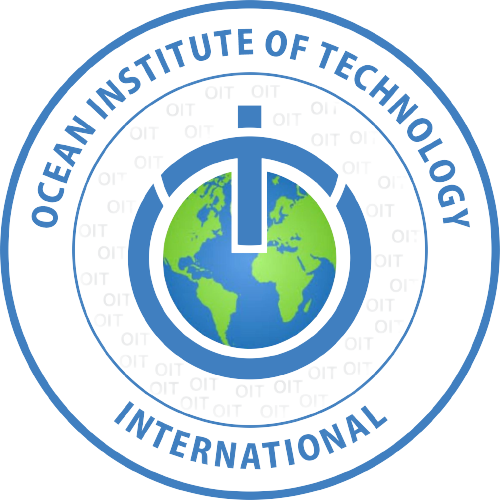Crew Resource Management (CRM)
Min. Academic & Professional Level
Course Designed for:
An Overview:
Crew Resource Management (CRM) is a set of principles, techniques, and training aimed at enhancing communication, teamwork, and decision-making within flight crews and other operational teams in aviation.
CRM focuses on improving interactions among team members to prevent errors, improve safety, and enhance overall efficiency in flight operations.
Short Course Modules:
Module 1: Introduction to CRM
- Definition and history of CRM
- Importance of CRM in aviation safety
- Regulatory requirements and industry standards
- CRM’s role in preventing accidents and incidents
Module 2: Human Factors and Error Management
- Understanding human performance and limitations
- The Swiss Cheese Model of accidents
- Types of errors and error management strategies
- Factors affecting decision-making under stress
Module 3: Communication Skills
- Importance of effective communication in aviation
- Elements of effective communication
- Barriers to communication and strategies to overcome them
- Assertiveness, active listening, and feedback techniques
Module 4: Situational Awareness and Decision-Making
- Definition and levels of situational awareness (SA)
- The SA process: perception, comprehension, projection
- Factors affecting SA: workload, distractions, automation
- Decision-making models and techniques (e.g., DECIDE, TRAP)
Module 5: Teamwork and Collaboration
- Principles of effective teamwork
- Roles and responsibilities within aviation teams
- Leadership and followership concepts
- Handling conflicts and fostering a positive team environment
Module 6: Threat and Error Management (TEM)
- Understanding threats, errors, and undesired aircraft states
- TEM framework: detection, assessment, and recovery
- Countermeasures to manage and mitigate threats and errors
- Case studies and scenarios for TEM application
Module 7: Automation Management
- Automation’s role in aviation operations
- Automation advantages and limitations
- Monitoring and managing automated systems
- Transitioning between manual and automated modes
Module 8: Cultural and CRM Challenges
- Cultural differences and their impact on communication
- Cross-cultural considerations in multi-crew operations
- Addressing language barriers and misunderstandings
- CRM in diverse aviation environments
Module 9: Stress and Fatigue Management
- Recognizing stress and fatigue in aviation
- Effects of stress and fatigue on performance
- Coping mechanisms and stress management strategies
- Regulatory requirements for duty and rest periods
Module 10: Emergency Situations and CRM
- CRM principles during emergency situations
- Decision-making and coordination under stress
- Effective communication in emergencies
- Lessons learned from past aviation incidents
Module 11: Practical Scenarios and Case Studies
- Simulated scenarios and role-playing exercises
- Applying CRM principles to real-world situations
- Debriefing and discussing outcomes for learning
- Analyzing accident case studies from a CRM perspective
Module 12: Assessment and Evaluation
- Written tests or quizzes to assess knowledge
- Practical exercises to demonstrate CRM skills
- Feedback and evaluation from instructors and peers
- Certificates or endorsements upon successful completion

